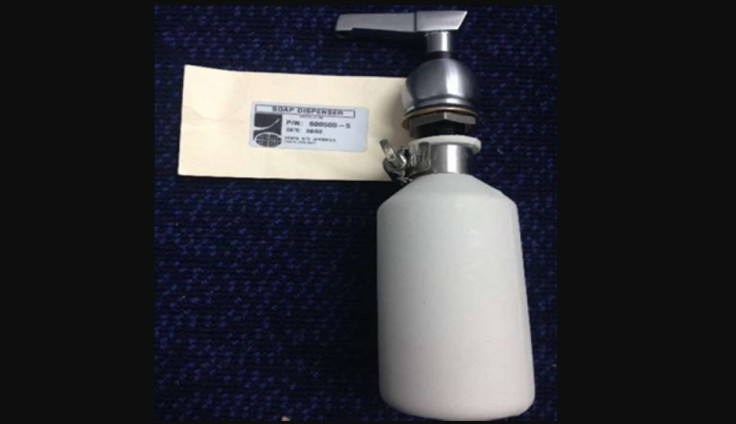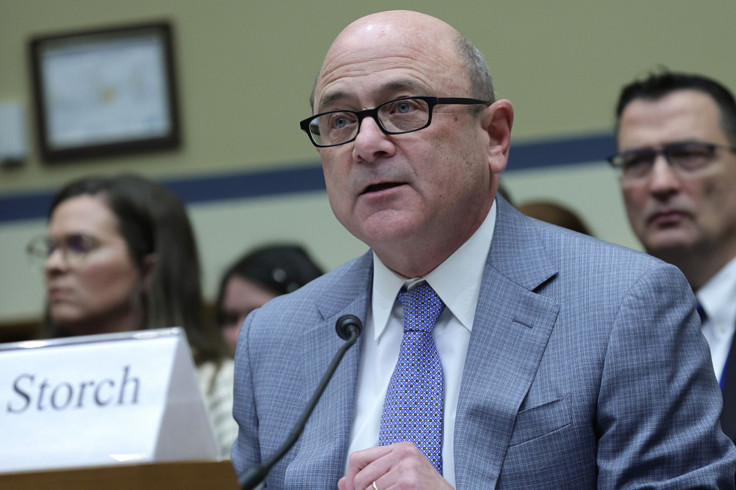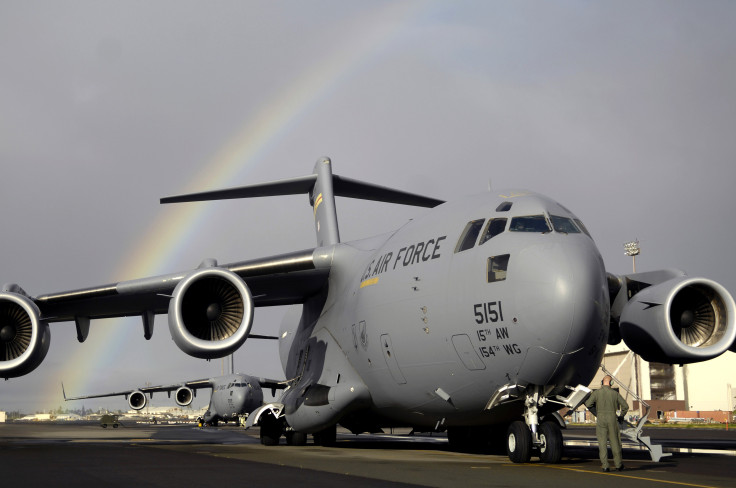US Military Spends Wild Amount On Plastic Soap Dispenser, Overshadowing Infamous $10K Toilet Seat Cover
The Air Force said it would seek repayment of about $900,000 following criticism from the Pentagon Inspector General

The Air Force bought soap dispensers for an aircraft bathroom at almost 8,000% of their going rate, prompting criticism from the Pentagon.
Defense Department Inspector General Robert Storch announced Tuesday that the world's largest Air Force overpaid $149,072 on plastic pump soap dispensers for the C-17 military aircraft.
That was just the tip of the iceberg.
Storch says an investigation was launched after a hotline tip.

The Inspector General found in his review that the force "did not consistently pay reasonable prices" for spare parts required for the C-17.
The investigation found the Air Force did not pay fair and reasonable prices for about 26% of the spare parts reviewed, valued at $4.3 million.

The investigation was unable to determine whether the Air Force paid fair and reasonable prices for over 54% of spare parts worth more than $22 million because the Air Force did not maintain historical cost data.
Among the equipment that was overpriced was retaining bands at an 833% markup that cost $293,633 more than necessary.
"The Air Force needs to establish and implement more effective internal controls to help prevent overpaying for spare parts for the remainder of this contract, which continues through 2031," Storch said. "Significant overpayments for spare parts may reduce the number of spare parts that Boeing can purchase on the contract, potentially reducing C-17 readiness worldwide."
In 2018, the Air Force was criticized after it was reported that they spent $10,000 on a toilet seat cover for the C-5 cargo plane. The same cover would have cost them $300 to 3-D print, reported Defense One.
"You'll think: there's no way it costs that," explained Assistant Air Force Secretary for Acquisition Will Roper to Defense One. "No, it doesn't, but you're asking a company to produce it and they're producing something else. And for them to produce this part for us, they have to quit producing what they're making now."
"They're losing revenue and profit. So although it looks like it's a certain price in the GSA [Government Services Administration] catalog, the business case is what drives it up," Roper continued.
The Air Force stated it would seek repayment of about $900,000 and supported the inspector general's goal to "determine whether spare parts prices are allowable and reasonable before payment".
It said it would work to update contracts and ensure the accuracy of payments.
© Latin Times. All rights reserved. Do not reproduce without permission.











